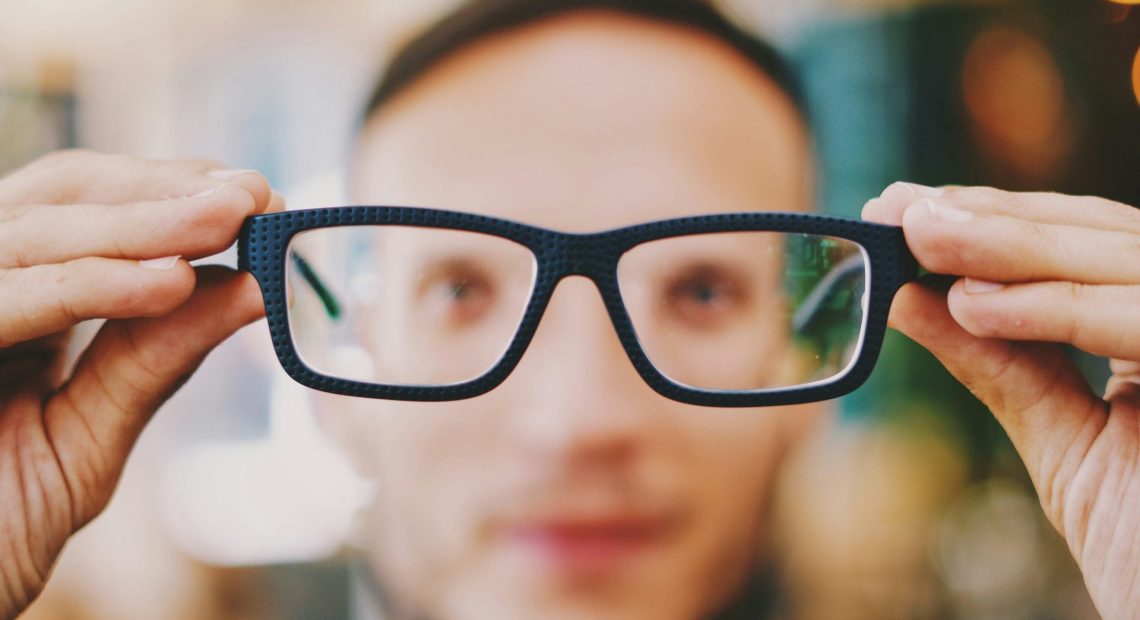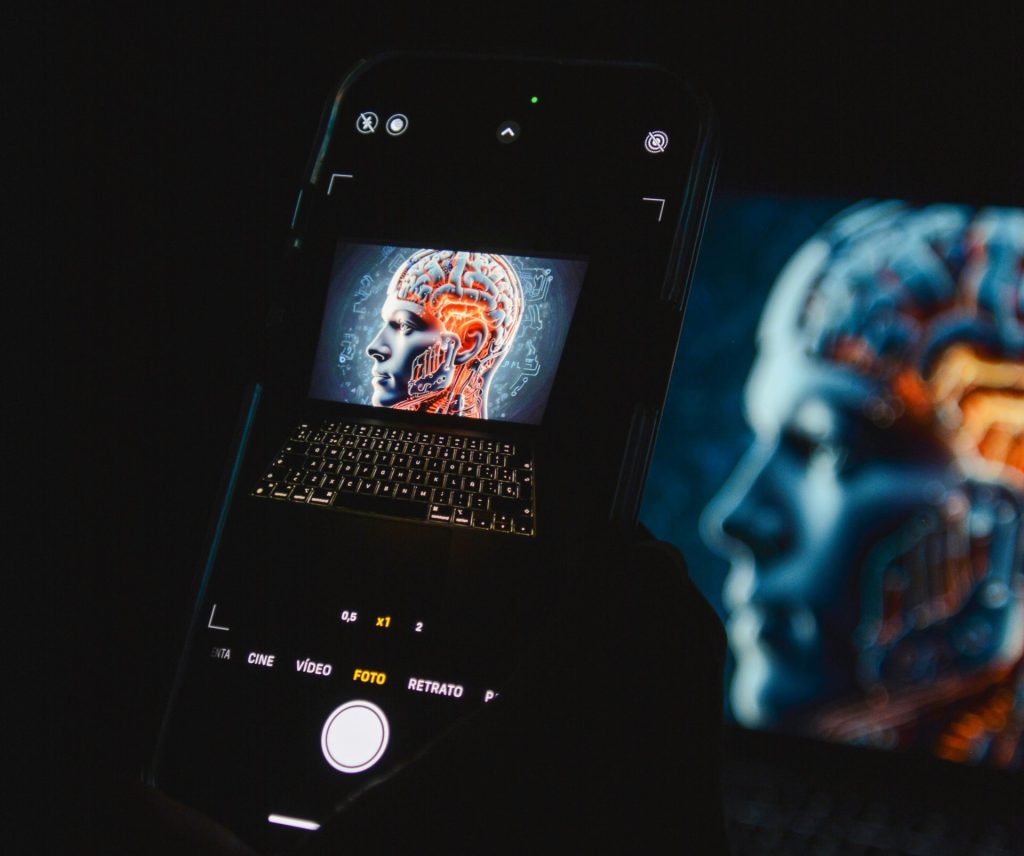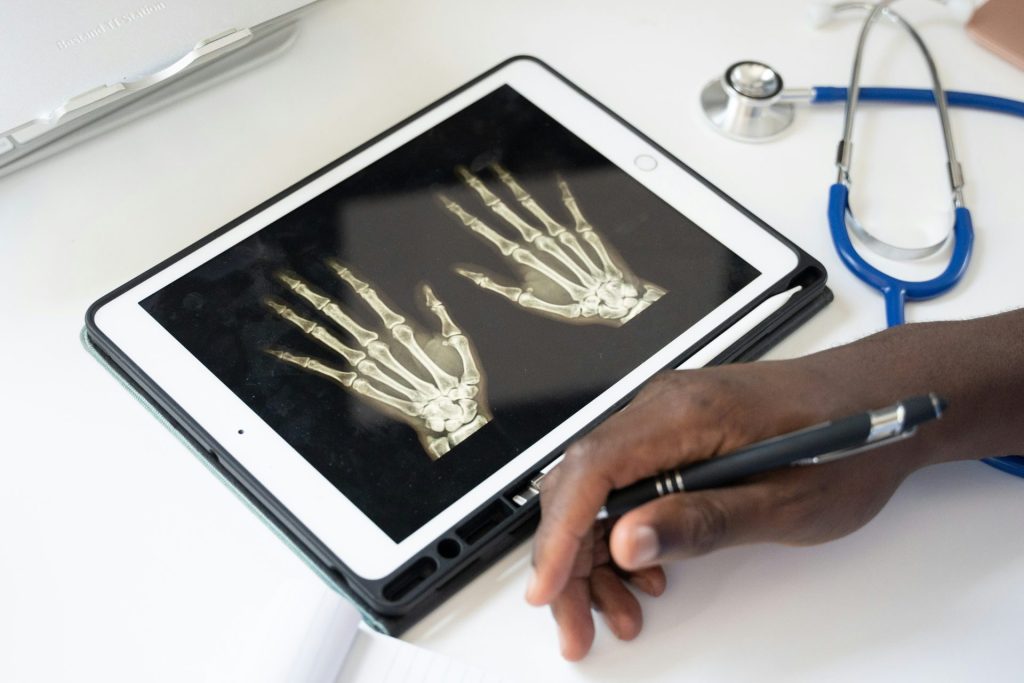Are you smarter than artificial intelligence?

Let’s take a deep dive here
In the rapidly evolving landscape of technology, the question of human intelligence versus artificial intelligence (AI) continues to captivate minds and spark debates across various fields. As AI capabilities advance, from language processing to problem-solving, it begs the question: Are humans still the ultimate intelligence?
AI has made profound strides in recent years, fuelled by advancements in machine learning and neural networks. These technologies enable computers to analyse vast amounts of data, recognise patterns, and make decisions with increasing accuracy and efficiency.
Tasks that once seemed exclusive to human cognition—such as language translation, image recognition, and even medical diagnostics—are now being performed by AI systems with remarkable proficiency.
Turing Test
One of the most iconic tests of AI intelligence is the Turing Test, proposed by Alan Turing in 1950. It challenges whether a machine’s behaviour can be indistinguishable from a human’s.
While the Turing Test remains a benchmark, modern assessments have evolved to evaluate AI’s performance in specific domains, measuring its ability to solve complex problems or generate creative outputs.
Dr Emily Chen, a computer scientist at Stanford University specialising in AI ethics, underscores that comparing human intelligence directly to AI is a complex and engaging task.
She points out, “Humans possess cognitive abilities deeply integrated with emotions, creativity, and ethical reasoning, which AI currently lacks.” This highlights AI’s limitations.
However, in terms of processing speed and accuracy for specific tasks, AI can outperform humans,” she adds, encouraging further exploration and discussion.
Indeed, AI excels in scenarios where data-driven decisions and repetitive tasks are required. For instance, AI algorithms analyse market trends in financial markets and execute trades faster than human traders, leveraging predictive models to optimise returns.
But more importantly, in healthcare, AI-powered diagnostic tools can sift through medical records and images to detect anomalies that might evade human eyes, potentially saving lives through early detection and offering hope in medicine.
Human intelligence
Yet, human intelligence extends beyond data crunching and algorithmic decision-making. Dr James Anderson, a cognitive psychologist at Harvard University, points out that human intelligence encompasses a broad spectrum of abilities, including emotional intelligence, social awareness, and adaptability to novel situations.

“AI lacks the capacity for consciousness and self-awareness that define human cognition,” he asserts. “While AI can process information rapidly, it cannot replicate the depth of human experience or the nuances of human interaction.”
The ongoing development of AI also raises ethical concerns. Issues such as algorithmic bias, data privacy, and the moral implications of autonomous decision-making systems are the subject of intense debate among experts and policymakers.
Ensuring that AI systems are transparent, accountable, and aligned with ethical standards remains a critical challenge as their deployment expands across industries.
Adaptive learning
In education, AI technologies are being integrated to personalise learning experiences and support educators in assessing student progress. Adaptive learning platforms use AI algorithms to tailor educational content to individual student’s needs, providing real-time targeted interventions and feedback.
While AI can enhance efficiency in academic settings, educators emphasise the irreplaceable role of human teachers in fostering critical thinking, creativity, and social-emotional skills in students.
The cultural impact of AI’s rise is also profound, influencing everything from entertainment to journalism. AI-driven content creation tools can generate news articles, compose music, and produce visual artwork.
However, human-created works’ authenticity and emotional depth resonate uniquely with audiences, reflecting the depth of human creativity and expression.

In strategic decision-making, AI’s predictive capabilities transform the marketing, logistics, and cybersecurity industries. Businesses use AI-driven analytics to forecast consumer behaviour, optimise supply chains, and proactively mitigate risks.
Yet, strategic leadership and visionary thinking, hallmarks of human intelligence, remain pivotal in navigating complex challenges and driving innovation.
The future relationship between humans and AI promises to be symbiotic rather than adversarial. Collaborative efforts in AI research seek to augment human capabilities, enhance productivity, and address global challenges such as climate change and healthcare disparities.
As AI technologies evolve, ethical considerations and responsible deployment will be crucial in shaping a future where humans and intelligent machines coexist harmoniously.
Whether humans are more brilliant than AI defies a simple answer. Both possess unique strengths and limitations, complementing each other in diverse contexts.
As society navigates AI’s transformative impact, harnessing technology’s potential while preserving human values and ethics remains an ongoing journey that challenges us to redefine intelligence in a rapidly changing world.
Featured image: Human intelligence extends beyond data crunching and algorithmic decision-making. Credit: Nonsap Visuals













